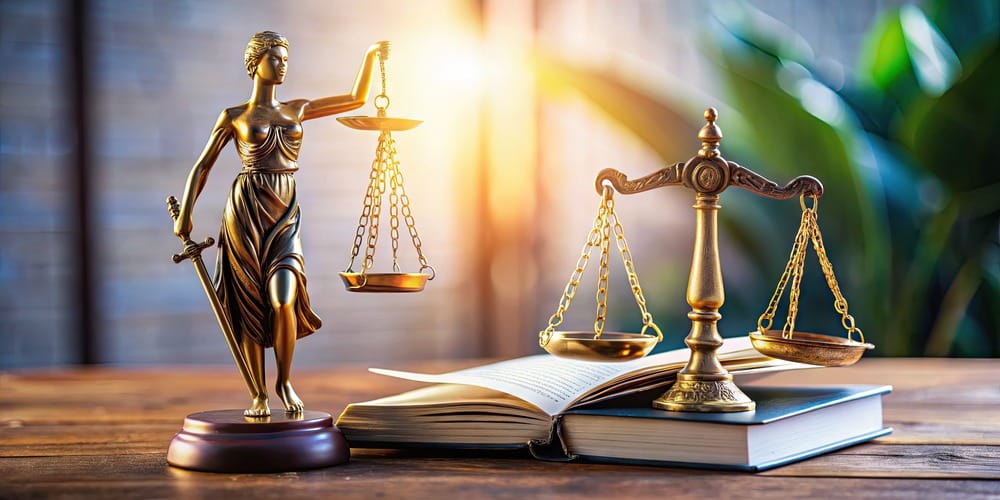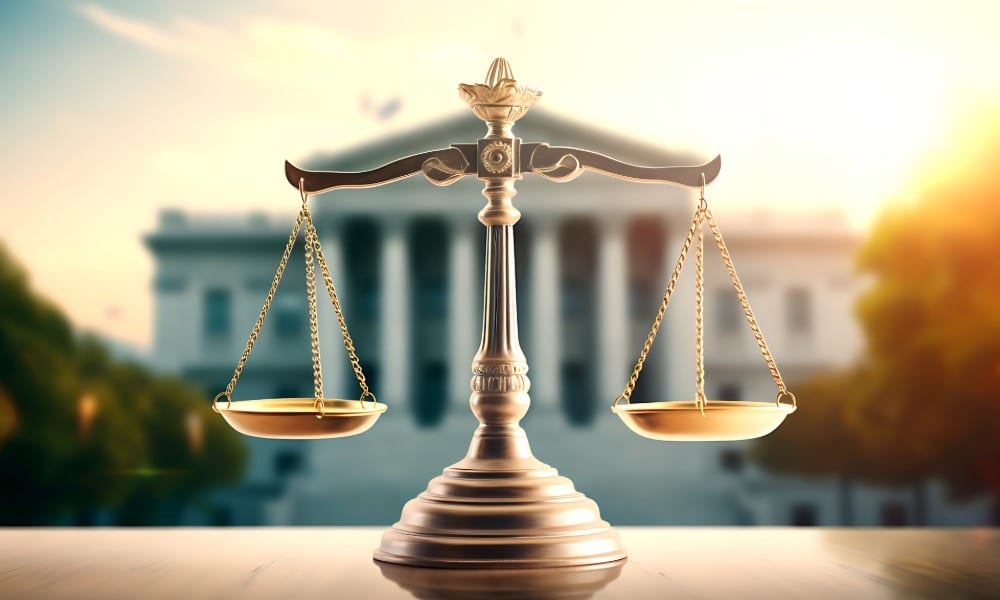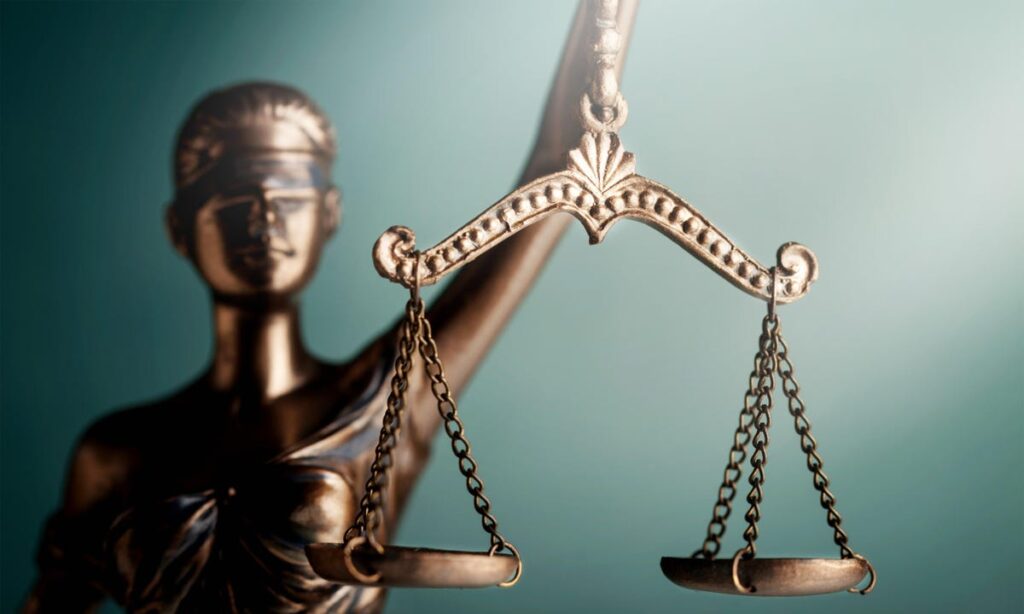Call 207-571-8146 or contact us online to schedule a consult with one of our highly skilled criminal defense & OUI lawyers, serving Southern Maine, today.
Table of Contents
How is human trafficking defined in Maine?
Human trafficking, also known as modern-day slavery, is defined as the recruitment, transportation, transfer, harboring, or receipt of persons by means of threat, use of force, or other forms of coercion, for the purpose of exploitation. Exploitation includes, at a minimum, the exploitation of the prostitution of others or other forms of sexual exploitation, forced labor, or services, slavery or practices similar to slavery, servitude, or the removal of organs.
Penalties for sex trafficking and aggravated sex trafficking in Maine
In Maine, sex trafficking is generally a Class D crime, punishable by up to 364 days in jail. If someone promotes prostitution, that person is guilty of sex trafficking. However, there is a significantly more serious charge in Maine called Aggravated Sex Trafficking, which is a Class B crime, punishable by up to 10 years in prison and a fine of up to $20,000. Maine law criminalizes promoting prostitution and knowingly benefiting from the prostitution of others, both of which can be charged in connection with human trafficking cases.
So, what makes it an aggravated charge? The following elements elevate a non-aggravated charge to an aggravated Class B felony:
- Promoting prostitution by compelling someone to enter into, engage in, or remain in prostitution.
- Promoting prostitution of someone 15 – 17 years of age.
- Promoting prostitution of someone with a mental disability.
How can a criminal lawyer defend against a human or sex trafficking charge?
As a criminal defense attorney, it is important to thoroughly investigate the facts of the case and explore all potential defenses for the accused. One defense that may be available is that the individual was a victim of human trafficking themselves and were forced or coerced into committing the alleged crime. Additionally, in cases where the individual did not have knowledge of the trafficking, they may be able to argue that they were not aware that they were participating in illegal activity.
Another defense that may be available is entrapment. Entrapment occurs when law enforcement induces a person to commit a crime that they would not have committed otherwise. This can be difficult to prove, but if successful, can result in charges being dropped or reduced.
It is also crucial for a criminal defense attorney to be aware of the potential immigration consequences for non-citizen clients charged with human trafficking. Non-citizens who are convicted of human trafficking offenses are subject to deportation and may be barred from returning to the United States. In some cases, it may be possible to negotiate a plea deal that avoids the immigration consequences.
Is sex trafficking the same as human trafficking in Maine?
In Maine, human trafficking and sex trafficking are considered the same crime when it involves people exploited for the purpose of prostitution. Both are defined as the promotion, recruitment, transportation, transfer, harboring, or receipt of persons by means of threat, use of force, or other forms of coercion, for the purpose of exploitation. Exploitation includes, at a minimum, the exploitation of the prostitution of others or other forms of sexual exploitation, forced labor, or services, slavery or practices similar to slavery, servitude, or the removal of organs. So, in Maine, sex trafficking is considered as a form of human trafficking.
Call 207-571-8146 or contact us online to schedule a consult with one of our highly skilled criminal defense & OUI lawyers, serving Southern Maine, today.
Is promoting prostitution the same as human trafficking in Maine?
In Maine, promoting prostitution and sex trafficking are the same crimes. Promoting prostitution is defined as knowingly causing another to engage in prostitution, profiting from, promoting, or advancing prostitution, transporting a person for the purpose of prostitution, or owning, controlling, managing, supervising, or otherwise keeping, alone or in association with another, a house of prostitution or a prostitution business. While Maine has tough laws applying to sex trafficking, human trafficking is generally prosecuted at the federal level.
Sex trafficking and labor trafficking in Maine
Human trafficking is a serious issue that comes in two primary forms: sex trafficking and labor trafficking. Sex trafficking involves forcing individuals into prostitution or other forms of sexual exploitation, while labor trafficking involves compelling individuals to work against their will, often without pay or for inadequate wages.
In Maine, the state statutes provide clear definitions of sex trafficking. However, it’s important to note that even regular sex trafficking, as opposed to aggravated sex trafficking, can encompass a wide range of situations that many people may not consider as human trafficking. For example, under Maine law, a person can be convicted of sex trafficking (a Class D misdemeanor) for any act that constitutes promoting prostitution. This includes activities such as:
- Arranging for someone to engage in prostitution
- Soliciting customers for prostitution
- Procuring prostitutes
- Leasing a location for prostitution
- Controlling a prostitution location
- Transporting someone for prostitution purposes
- Recruiting individuals to become or act as prostitutes
Notably, this charge does not require any form of compulsion or force, simply being involved in promoting prostitution is enough to warrant prosecution.
Aggravated Sex Trafficking
Aggravated sex trafficking involves instances where the victims are forced into sexual activity. The key difference between aggravated and simple sex trafficking is whether the victims are willing participants who are paid for their involvement, or if they are forced into the act. Additionally, aggravated sex trafficking, which is considered a Class B Felony, may be charged when a victim is under the age of 18.
Coercion can take many forms. Providing illegal drugs to victims to entice them into prostitution is considered aggravated sex trafficking, as is withholding drugs from victims who are addicts. Similarly, false promises of payment, withholding payment, or creating inflated debt for providing victims with a location to perform their illegal services can also lead to a charge of aggravated sex trafficking. Other forms of coercive conduct that may support a charge of aggravated sex trafficking include actual or threatened violence or physical restraint, or threatening to report the victims to the police or immigration authorities, particularly in the case of victims who are in the country illegally.
Contact a Human Trafficking Defense Lawyer in Maine
Human trafficking is a serious problem in Maine and throughout the United States. As a criminal defense attorney, it is important to understand the legal implications of the crime and explore all potential defenses for the accused. This includes investigating the facts of the case, exploring the possibility that the accused was a victim of trafficking themselves, arguing that the accused was not aware they were participating in illegal activity, and being aware of the potential immigration consequences for non-citizen clients.
Call 207-571-8146 or contact us online to schedule a consult with one of our highly skilled criminal defense & OUI lawyers, serving Southern Maine, today.
blog articles

In Maine, it is illegal for a person to have consensual sexual activity with a minor younger than 16, with a few exceptions. For anyone accused or charged with statutory[...]

AUGUSTA, Maine — A 44-year-old Albion, Maine man, Sean M. Eori, is on trial at the Capital Judicial Center after being indicted on 11 charges involving the alleged sexual assault[...]

Sexual exploitation of a minor in Maine is a felony with serious consequences, including prison and sex offender registration. If you're facing charges involving child pornography[...]

Many individuals accused of sexual assault find themselves tried in the “court of public opinion” and immediately branded as “guilty.” This is unfair and contrary to the principles of criminal[...]

Facing a child pornography charge is one of the most daunting and life-altering experiences anyone can endure. These charges carry severe consequences, including potential prison time, hefty fines, and mandatory[...]

Solicitation of a minor is a criminal offense where an individual who engages in a conversation with a minor solicits or asks the minor to meet up to partake in[...]

Sexual assault and sexual battery both refer to criminal offenses where a victim does not provide consent to sexual contact. This contact may or may not involve penetration, force, violence,[...]

Both prostitution and solicitation are considered sex crimes in Maine. Buying or selling sexual acts or sexual contact is illegal and has traditionally been considered a criminal offense for all[...]

A protection from abuse order (PFA) can make it illegal for an individual to contact you or your children in the state of Maine. Filing a PFA is often a[...]

In a recent child exploitation case from Boston, a Maine man was found guilty by the federal court and sentenced to 13 years in prison and five years of supervised[...]


